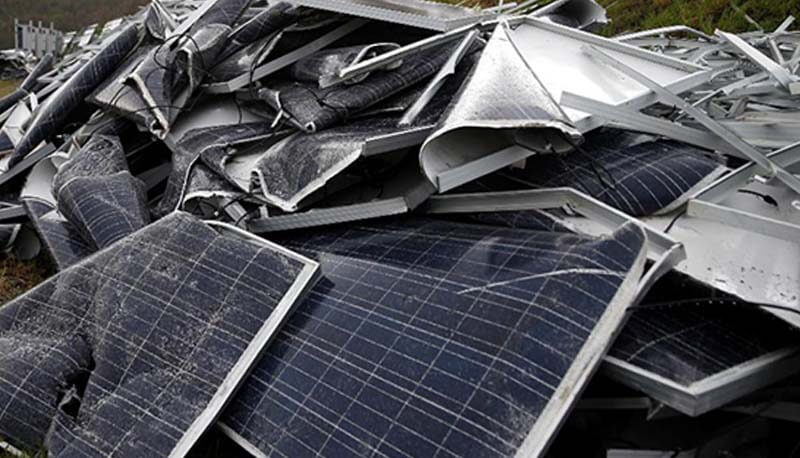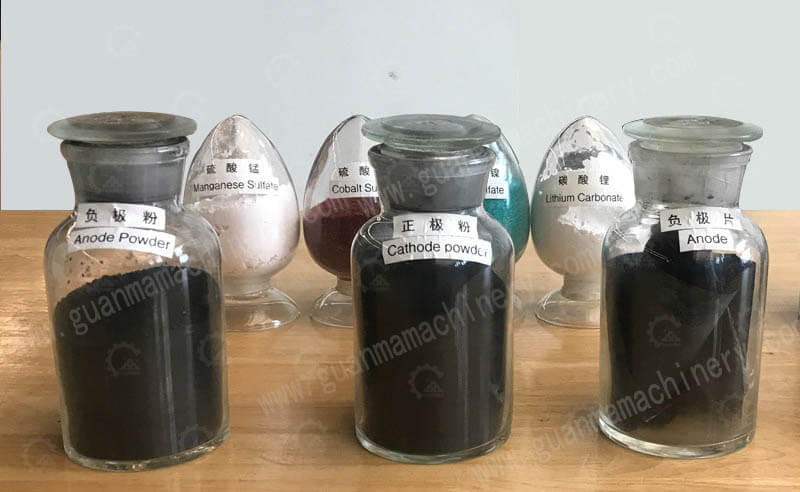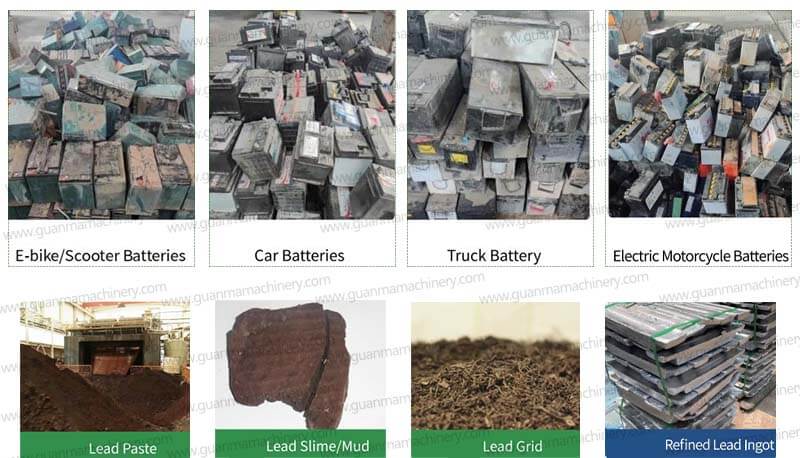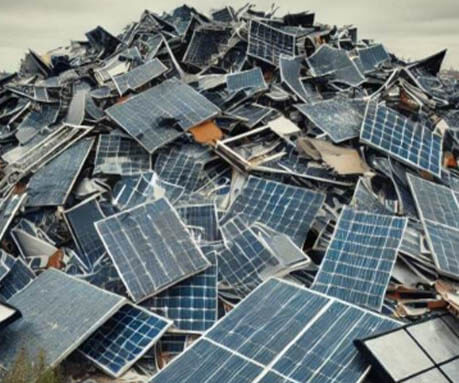If you’re considering entering the biochar or charcoal production industry, one of the first questions you might have is, “How much does a wood carbonization machine cost?” The cost of a wood carbonization machine can vary significantly based on several factors, including the type of machine, capacity, technology, and additional features. This comprehensive guide will help you understand the cost factors and provide insights into the different types of wood carbonization machines available in the market.
Understanding Wood Carbonization Machines
Wood carbonization machines, also known as wood charcoal making machines or carbonization pyrolysis plants, are used to convert wood and other biomass materials into biochar or charcoal. The process involves heating the biomass in the absence of oxygen, a method called pyrolysis, which breaks down the organic matter into a carbon-rich product. Biochar and charcoal have various applications, including soil enhancement, fuel, and industrial uses.
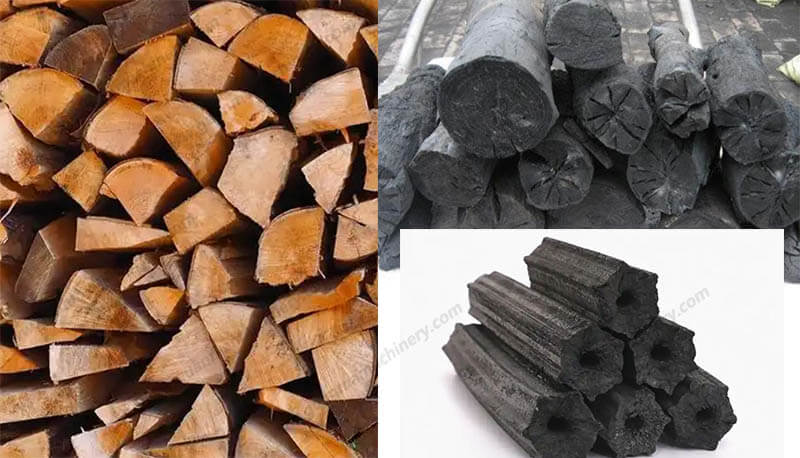
Factors Affecting the Cost of a Wood Carbonization Machine
1. Type of Machine:
Batch-Type Machines: These machines process biomass in batches and are generally less expensive. They are suitable for small-scale operations.
Continuous-Type Machines: These machines can process biomass continuously, making them more efficient and suitable for large-scale operations. However, they tend to be more expensive.
2. Capacity:
Small-Scale Machines: Machines with a lower capacity (e.g., 1-5 tons per day) are typically less expensive.
Large-Scale Machines: Machines with a higher capacity (e.g., 10-50 tons per day) are more expensive but offer greater productivity and return on investment.
3. Technology:
Basic Models: Basic models may lack advanced features and are generally less expensive.
Advanced Models: Machines with advanced features such as automated controls, environmental protection systems, and high-efficiency pyrolysis technology are more expensive but offer better performance and longevity.
4. Additional Features:
Automation: Automated systems can reduce labor costs and increase efficiency but add to the overall cost.
Environmental Controls: Features such as gas cleaning and emission control systems are important for environmental compliance and can increase the cost.
Customization: Customized machines tailored to specific needs can be more expensive but offer greater flexibility and suitability for your operations.
Benefits of Investing in a Wood Carbonization Machine
1. Economic Benefits:
Revenue Generation: Producing biochar or charcoal can generate significant revenue, especially in markets where these products are in high demand.
Cost Savings: Reducing waste disposal costs and converting biomass into valuable products can lead to substantial cost savings.
2. Environmental Benefits:
Carbon Sequestration: Biochar helps sequester carbon, reducing greenhouse gas emissions and combating climate change.
Waste Management: Converting agricultural and forestry waste into useful products reduces the environmental impact of waste disposal.
Key Considerations When Purchasing a Wood Carbonization Machine
Quality and Reliability:
Choose a reputable supplier with a proven track record of quality and reliability. Look for machines with robust construction and durable components.
Technical Support:
Ensure that the supplier offers comprehensive technical support, including installation, training, and maintenance services.
Environmental Compliance:
Verify that the machine meets local and international environmental regulations. Look for features such as gas cleaning and emission control systems.
Return on Investment:
Calculate the potential return on investment (ROI) based on the expected production capacity, market demand, and operational costs. Consider the long-term benefits and cost savings.
Investing in a wood carbonization machine can be a profitable and sustainable venture, offering economic, environmental, and social benefits. The cost of a wood carbonization machine can vary widely based on factors such as type, capacity, technology, and additional features. By understanding these factors and conducting thorough research, you can make an informed decision and select the right machine for your needs.
For more information on the cost of wood carbonization machines or to discuss potential solutions for your specific requirements, feel free to contact us. Our team of experts is here to provide comprehensive support and ensure a successful and sustainable carbonization operation.

